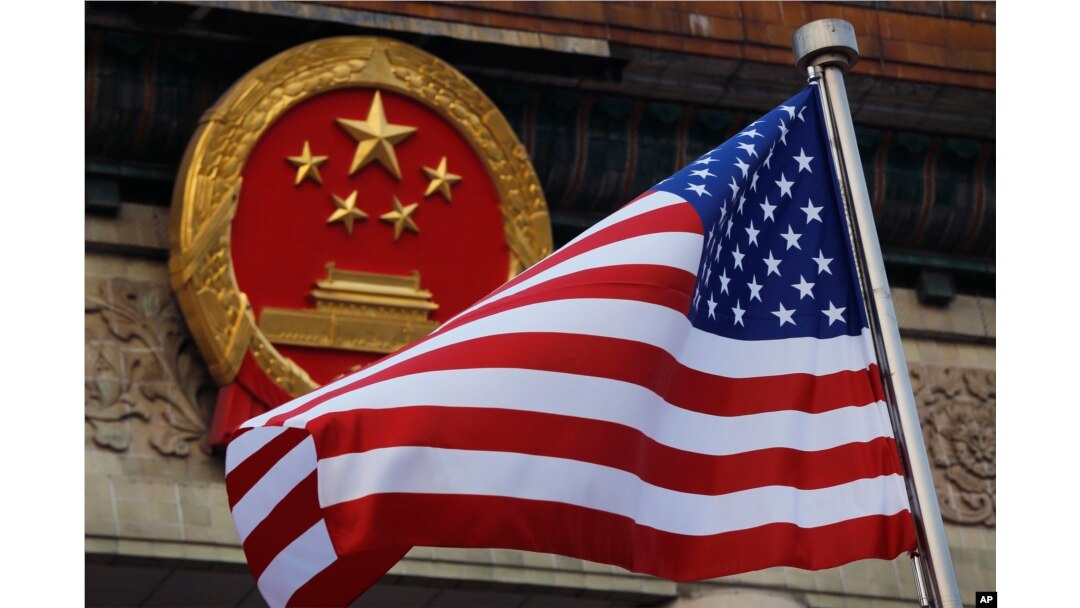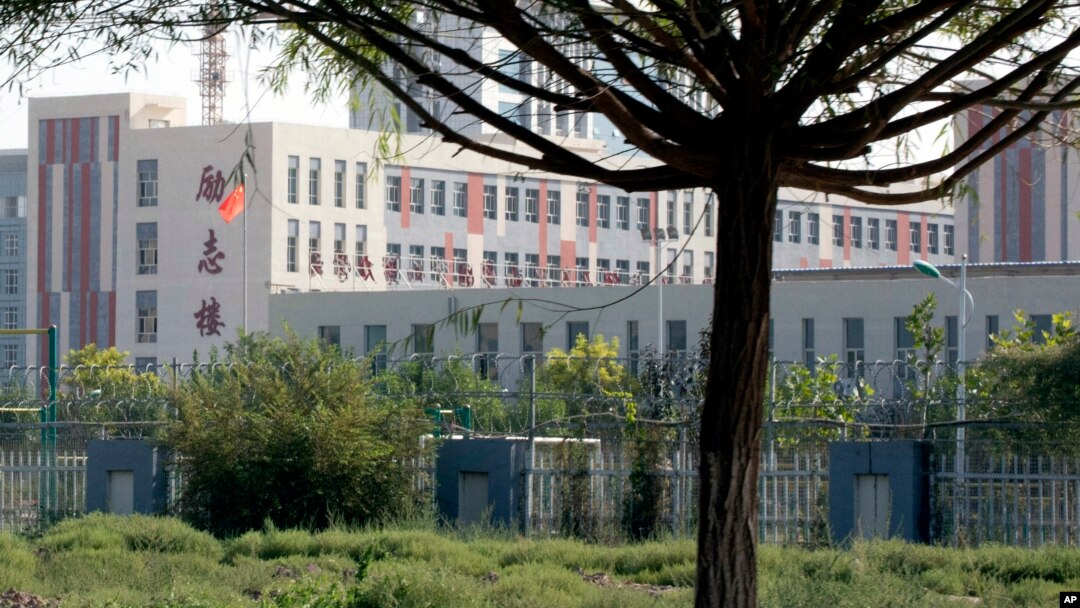U.S. lawmakers will introduce legislation on Wednesday urging a stronger response by the Trump administration to China's crackdown on minority Muslims, including possible sanctions against a regional Communist Party chief and other officials accused of human rights abuses.
The legislation will also ask President Donald Trump to condemn China's actions in the Xinjiang region, call for a new "special coordinator" of U.S. policy on the issue and press for consideration of a ban on export of U.S. technology that Beijing could use in surveillance and mass detention of ethnic Uighurs, according to a copy of the measure seen by Reuters.
The lawmakers want the Trump administration to consider human rights-related sanctions against Xinjiang Party Secretary Chen Quanguo, who is also a member of the powerful politburo, and other officials "credibly alleged to be responsible" for the security crackdown, the measure will say.
"Chinese government officials should be held accountable for their complicity in this evil and U.S. businesses should be barred from helping China create a high-tech police state in Xinjiang," said Republican U.S. Representative Chris Smith, one of the sponsors of the bipartisan legislation that will be presented in both the Senate and House of Representatives.
The White House and the Chinese Embassy in Washington did not immediately respond to a request for comment on the bill, which is also being put forth by Republican Senator Marco Rubio and Democratic Senator Bob Menendez
Trump's senior aides recently have become more vocal in their criticism of China's treatment of its minority Muslims in Xinjiang, which has sparked an international outcry. Any sanctions, however, would be a rare move on human rights grounds by the Trump administration against China, with which it is engaged in a bitter trade war.

FILE - An American flag is flown next to the Chinese national emblem during a welcome ceremony for visiting U.S. President Donald Trump outside the Great Hall of the People in Beijing, Nov. 9, 2017.
Beijing has dismissed accusations of abuses in Xinjiang, urging the United States and other countries to stay out of its internal affairs.
China's top diplomat said earlier on Tuesday that the world should ignore "gossip" about developments in Xinjiang and trust authorities there, when asked if Beijing would allow international observers to inspect camps holding Muslims there.
Western countries including Canada, France, Germany, and the United States have urged China to shut down camps in Xinjiang, where activists say as many as 1 million members of the Uighur minority and other Muslims are being detained. Far western Xinjiang faces a threat from Islamist militants and separatists, China has said in the past.
Rubio said in a statement that some Chinese officials were responsible for "possible crimes against humanity."
The Trump administration for several months has been weighing sanctions against Chinese officials and companies operating in Xinjiang, U.S. officials have said, speaking on condition of anonymity.
The new bill calls for consideration of measures under the Global Magnitsky Act, which hits rights violators with freezes on U.S. assets, U.S. travel bans, and prohibitions on Americans doing business with them, and also under a federal law to target those involved in religious repression around the world.
It will urge the administration to report back to Congress on Chinese companies involved in the camps and ask the FBI to take action against any Chinese government efforts to intimidate Uighurs living in the United States.


